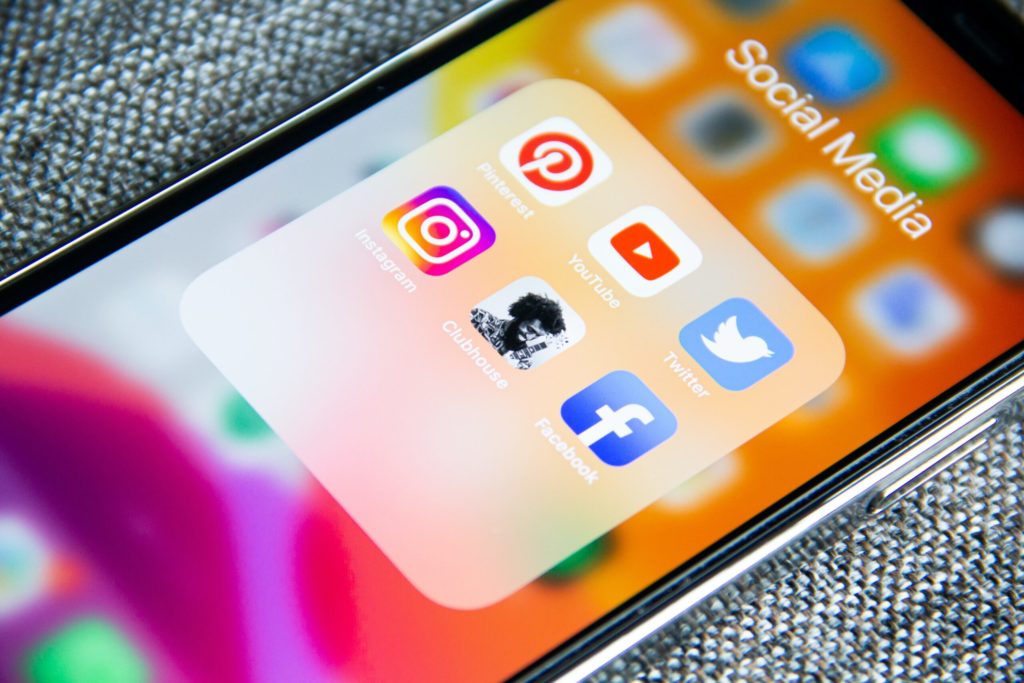By Jimmy Jakobsson, CEO and co-founder of Ingager
While 2020 was a difficult year all round, it was an extraordinary year for social media as the number of global users cracked the 4 billion mark for the very first time. This almost unbelievable mass of people is distributed mainly among established platforms such as Facebook and Twitter, but also TikTok – a newcomer that is apparently here to stay.
This year, suddenly everyone is talking about Clubhouse. It’s on a need-to-know basis, but what’s all the hype really about?
The incredible enthusiasm that currently prevails around Clubhouse certainly raises questions. For instance, recent concerns about the security of user data have already been widely discussed. Although, Clubhouse would not be the first app predicted to have a golden future to then suddenly disappear from the scene.
1. Vero
One of the central characteristics of Clubhouse is the exclusivity of its ‘invite-only’ feature so only those who receive a personal invitation become part of the network. The principle is familiar from a time when Vero entered the stage as a possible Instagram contender. ‘More social, less media’ is how the creators positioned Vero as a kind of pure form of the social network.
The strategy initially worked and in 2018, Vero topped the App Store charts. However, this success was fleeting, mainly because user complaints increased. The app constantly crashed, presumably because the technological setup could not handle user traffic and activity. Vero is still available under the tagline ‘true social’ but given its comparatively low number of users, there should no longer be any technical problems.
2. Meerkat
Streaming moving images was not always as smooth an affair as it is today and six years ago, Meerkat was the next big thing when live streaming via smartphone was almost unthinkable.
Why is it that hardly anyone remembers Meerkat today? Well, Twitter was one of the deciding factors in the app’s initial rapid spread. However, when the news service introduced Periscope as its streaming solution in 2015, Meerkat’s access to the Twitter API was severely restricted. At the end of October 2016, Meerkat was over – perhaps because its dependence on Twitter was a little too great.
3. Orkut
Google at least had the right instinct – today’s tech giant launched its social app Orkut in 2004, about a month before Facebook was launched. And indeed, Orkut managed to hold its own in the market for about 10 years. In Brazil, one of its core markets, there were even rumours that Google was a small spin-off of Orkut.
In 2010, Facebook overtook Orkut in terms of user numbers in key markets and pushed for global coverage with its platform. As Facebook’s position grew stronger, Google shifted its focus to products like YouTube, Blogger and Google+ and withdrew its social app from circulation in 2014.
Breaking through the horde
Whether it’s the short video app Vine or Apple’s Ping, the social network within iTunes – the list of once-celebrated but ultimately failed social apps could go on and on. Despite the lessons that can be learned from these examples, we still see repeated attempts to break through the horde of the big players with a new social media platform. In recent years, only TikTok has succeeded in doing so.
Clubhouse has struck a nerve, especially in the UK where its buzz is gaining momentum. But how long will this euphoria last and can it establish itself in the long term – beyond the borders of digital natives and celebrity followings?
Like a lazy Sunday afternoon
There are definitely arguments in favour of Clubhouse, audio is very much in vogue as a content format and the breadth of topics offered on Clubhouse is remarkable too.
Clubhouse also has a casualness that we know from streaming Netflix on a Sunday afternoon – it’s nice background noise while our focus is on other things. Anyone who wants to can put in their two cents. And the fact that some of the presenters are celebrities has its appeal too, of course.
Growing, growing, gone
Clubhouse can only succeed in the long term if the user base grows and engages with mainstream audiences. LinkedIn has shown how this works in the B2B sector, but it is more of a challenge when you focus on a relatively small market. Growth will become the decisive factor for Clubhouse. Whether the network will still be so attractive to celebrities once it reaches a certain size, remains to be seen.












